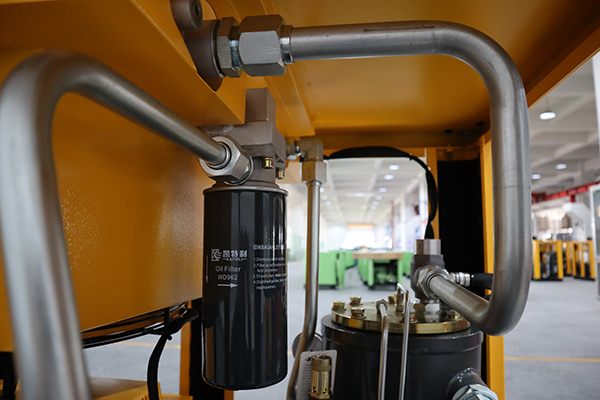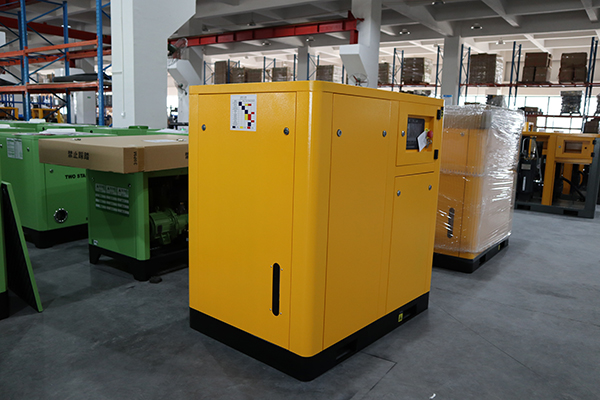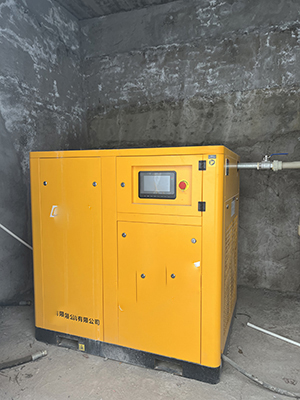Industry air compressor designed for food processing facilities meeting hygiene standards
News 2025-10-27
In the food processing industry, maintaining impeccable hygiene is critical to ensure product safety and regulatory compliance. Air compressors play a vital role by providing compressed air for various applications, such as packaging, conveying, and cleaning. However, standard compressors can introduce contaminants, posing risks in environments where even minor impurities can lead to bacterial growth or product recalls. This article explores an industry-specific air compressor engineered to meet stringent hygiene standards, offering a reliable solution for food facilities that prioritize cleanliness and efficiency.

Design Elements for Hygiene
Specialized design features make this air compressor ideal for food processing. Constructed with food-grade stainless steel, it resists corrosion and is easy to sanitize, reducing harborage points for pathogens. Seamless surfaces and minimal crevices facilitate thorough cleaning, aligning with standards like NSF and FDA regulations. Additionally, oil-free operation ensures that no lubricants contaminate the air supply, which is essential for sensitive areas like mixing and filling lines, thereby enhancing overall facility hygiene.
Operational Advantages
This compressor excels in performance, delivering consistent air pressure with minimal energy consumption, which lowers operational costs in high-demand settings. Its advanced filtration systems remove particles and moisture, producing clean, dry air that prevents spoilage and extends product shelf life. Reliability is further bolstered by quiet operation and reduced vibration, minimizing downtime and maintenance needs. In food processing workflows, these attributes support faster production cycles while upholding quality, making the compressor a key asset for competitive operations.
Frequently Asked Questions
1. What hygiene standards does this compressor meet?
It complies with ISO 8573-1 Class 0 for oil-free air and materials certified under FDA and EU regulations for food contact, ensuring zero risk of contamination.
2. How does it improve air quality in food facilities?
Through high-efficiency filters and dryers, it eliminates moisture, oil, and particles, providing pure compressed air that safeguards product integrity and reduces microbial risks.
3. What is the typical maintenance schedule?
Routine checks every three months and filter changes annually are recommended, with design features allowing quick access to minimize disruption to production lines.


